Eating a 100% plant-based diet, I have certainly consumed my share of tempeh and enjoy benefits of consuming this fermented food. Fermented soy products have some health benefits, and in fact are some of the “safer” soy products as long as you stick with non-GMO and stick fermented or perhaps sprouted products. Miso and natto are other fermented products, but I haven’t tried natto yet (apparently quite intense when it comes to taste).

Fermented and sprouted foods have health benefits
Fermented soy products are said to be easier to digest, contain beneficial enzymes, and contain several nutrients in a more soluable form. Sprouted soy contains more nutrients than regular soy products, but doesn’t have some of the benefits of a fermented product.
So, fermented or sprouted soy is certainly the most healthful options for soy, but fermented has a few additional benefits over sprouted. Although there are three different types of food products all in the soy family, the benefits (and potential risks) are substantially different.
Should you limit soy products? What’s the big deal about
If you have spent any time in the online food groups and communities, you have probably come across an argument on whether soy is good or bad. If you haven’t already, you probably will soon. It might be heated. It will probably end with several people assuring you that soy is perfectly safe and healthful.
For what it’s worth, I limit (unfermented) soy because I find I react to it when eaten often (developing cysts), and there is no end of lovely things to eat plant-based. It’s a non-serious and anecdotal experience, indeed. And I have a bit of wariness of the following: if you look into the “is soy good or bad” literature, even scholarly… it’s a whole cluster of correlation/causation/vested interest/we’re not entirely sure results. More on that below. But at any rate, I don’t want a reaction so eat it in limited quantities anyway, avoiding soy for the most part. My other family members consume it about once per week.
Side note: it’s interesting to note that people who have allergic reactions (not food intolerances or other forms of reactions) to unfermented soy-based foods may not have reactions to fermented soy because the allergy-causing proteins have been broken down during the fermentation process and eliminate immunoreactivity [1] and contain more amino acids [2].
Regarding genistein: this is a somewhat important, complicated, and inconclusive when it comes to scientific evidence (potentially a benefit or risk). During fermentation, genistin converts to its bioactive aglycones genistein [2] and this results in a much higher concentration of this component, and “can be easily absorbed in a greater amount as compared with other glycoside forms” [2]. It’s where the whole phytoestrogen-related “is soy good or bad” (cancer risk and so on – not manboobs!) comes into play.
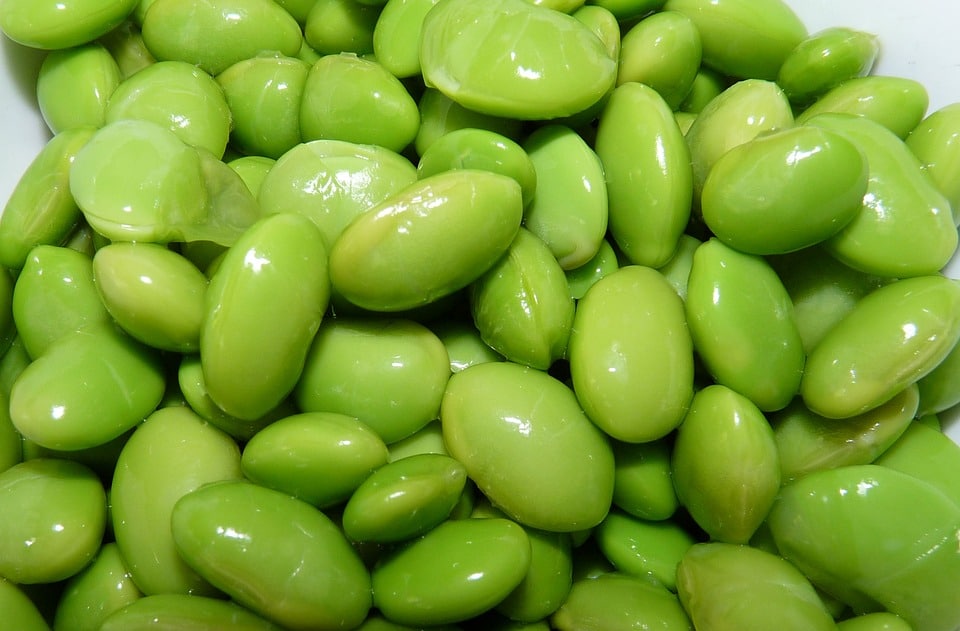
So about the phytoestrogens in soy: are they beneficial or harmful?
There are studies that show that aglycones genistein is protective (as evidenced in the Asian populations eating these products) and in higher concentrations even used in tumor-fighting products [3,4]. However, other studies in mice have shown aglycones genistein to promote cancer. And that’s when you get to lay your head on the desk next to the computer, slowly lay down the piece of tempeh bacon, and wonder why you ever went down this path of looking up anything regarding health and swear off Facebook and forums. I jest. Kinda (had too much pre-cancer and weird growths in me to jest too much – and slogged through my share of hundreds of comment-section battles on “you’re an idiot, soy is safe! Eaten for hundreds of years!”).
This article [5], while grey literature, summarizes (at least) the many different considerations and variables at hand regarding genistein. And this study [6] as well but honestly a little less effectively. Hence, it’s more of a benefit than a risk in these fermented soy products… or maybe not. Depending on all those variables and factors considering age, duration of exposure, and so on.
In a nutshell: Some studies suggest that soy is protective in Asian populations because the food has been eaten so regularly for a long time, and introduced at a very early age. If you do not find yourself in this population, you may not be protected against some potential harm from phytoestrogenic properties. But: science isn’t sure, it’s an educated guess based on current study, and the data is not conclusive. So check out and read the studies and resources if you are concerned. If you are worried, there’s no reason you must eat soy products on a plant-based diet. There are tons of other foods you can consume to obtain the same nutrients found in soy.
So perhaps limit them, or at least stick with fermented
Back to the more-fun stuff. You can make tempeh yourself if a product is not available locally, and if they are there are many texture/flavor options. How it tastes? Completely depends on the flavor marinade or glaze and the preparation that affects the texture. I’ve hated tempeh (that gross tofurkey stuff? no thanks), and loved it (great homemade-by-someone-else variety). If you do try it out, don’t rule it out based on first experience. Tempeh (like any other soy or seitan product… by the way, seitan – a gluten product – is the bee’s knees) is absolutely something to experiment with! And while some of the photos you saw may look sketchy, if you find a quality tempeh bacon it will probably look pretty darn appealing…use an air fryer and you don’t even need the oil!
References
[1] Frias, Juana & S Song, Y & Martinez-Villaluenga, Cristina & Mejia, Elvira & Vidal-Valverde, C. (2008). Fermented soyabean products as hypoallergenic food. The Proceedings of the Nutrition Society.
[2] Xu, Lu, Du, Bin, & Xu, Baojun. (2015). A systematic, comparative study on the beneficial health components and antioxidant activities of commercially fermented soy products marketed in China. Food Chemistry, 174, 202-213.
[3] http://www.google.ca/patents/US5554519
[4] Choi, Kim, & Lee. (2007). Pro-apoptotic effect and cytotoxicity of genistein and genistin in human ovarian cancer SK-OV-3 cells. Life Sciences, 80(15), 1403-1408.
[5] http://foodforbreastcancer.com/foods/genistein-and-daidzein
[6] Bouker, K. B., & Hilakivi-Clarke, L. (2000). Genistein: does it prevent or promote breast cancer? Environmental Health Perspectives, 108(8), 701–708.
- Pad Thai Protein Salad recipe from The Plant-Based Cookbook + Book Review and Giveaway! - December 9, 2020
- Lemon ginger bowl sauce with miso recipe (Oil free, no added sodium) - November 30, 2020
- New vegan bacon at Whole Foods Market – 300 store roll-out - November 15, 2020


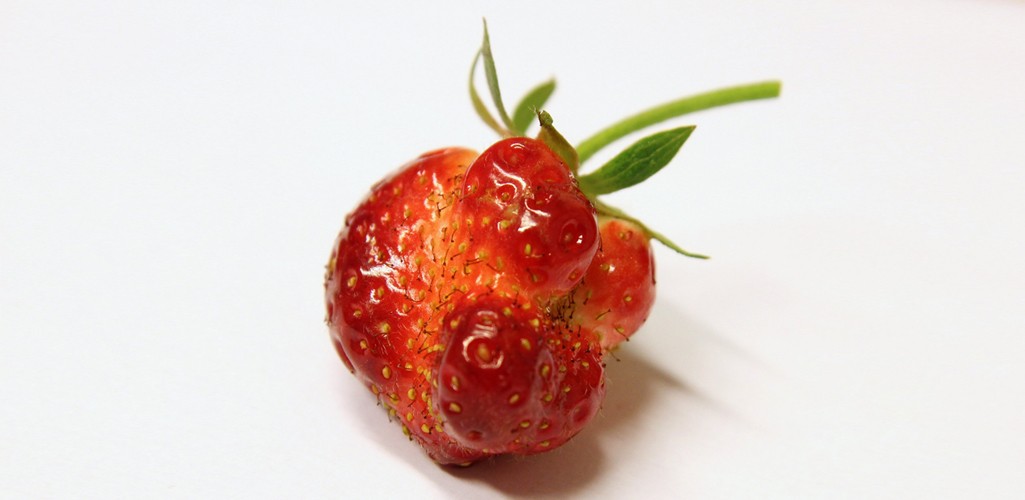
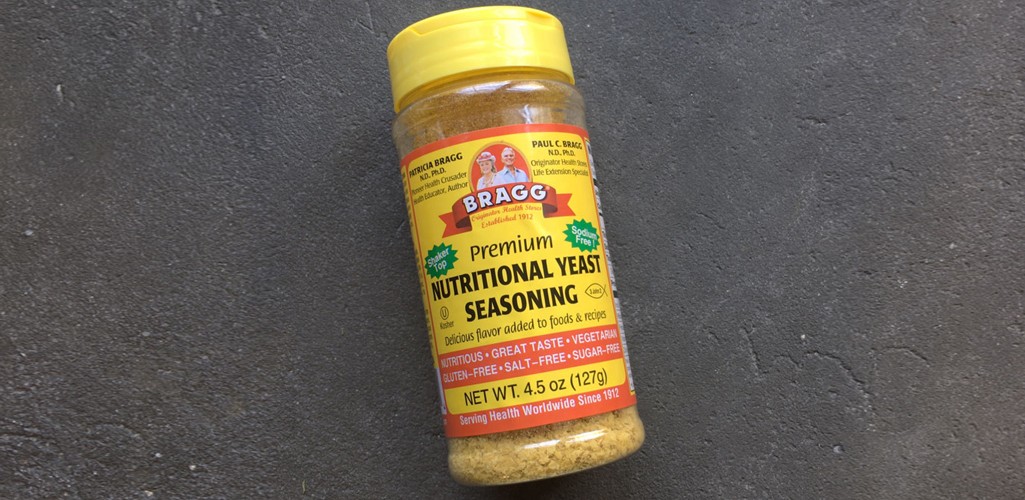


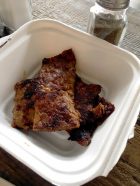
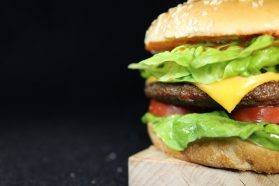
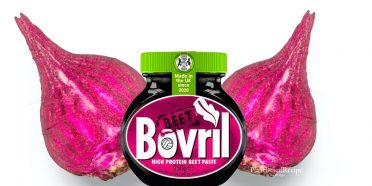


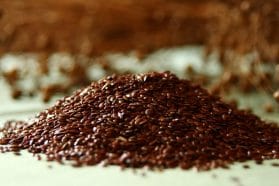
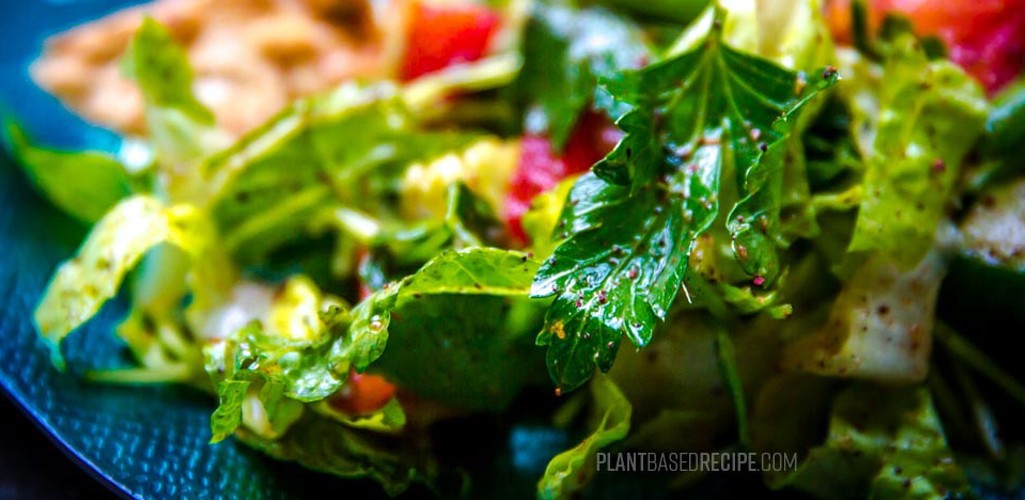


Leave a Reply